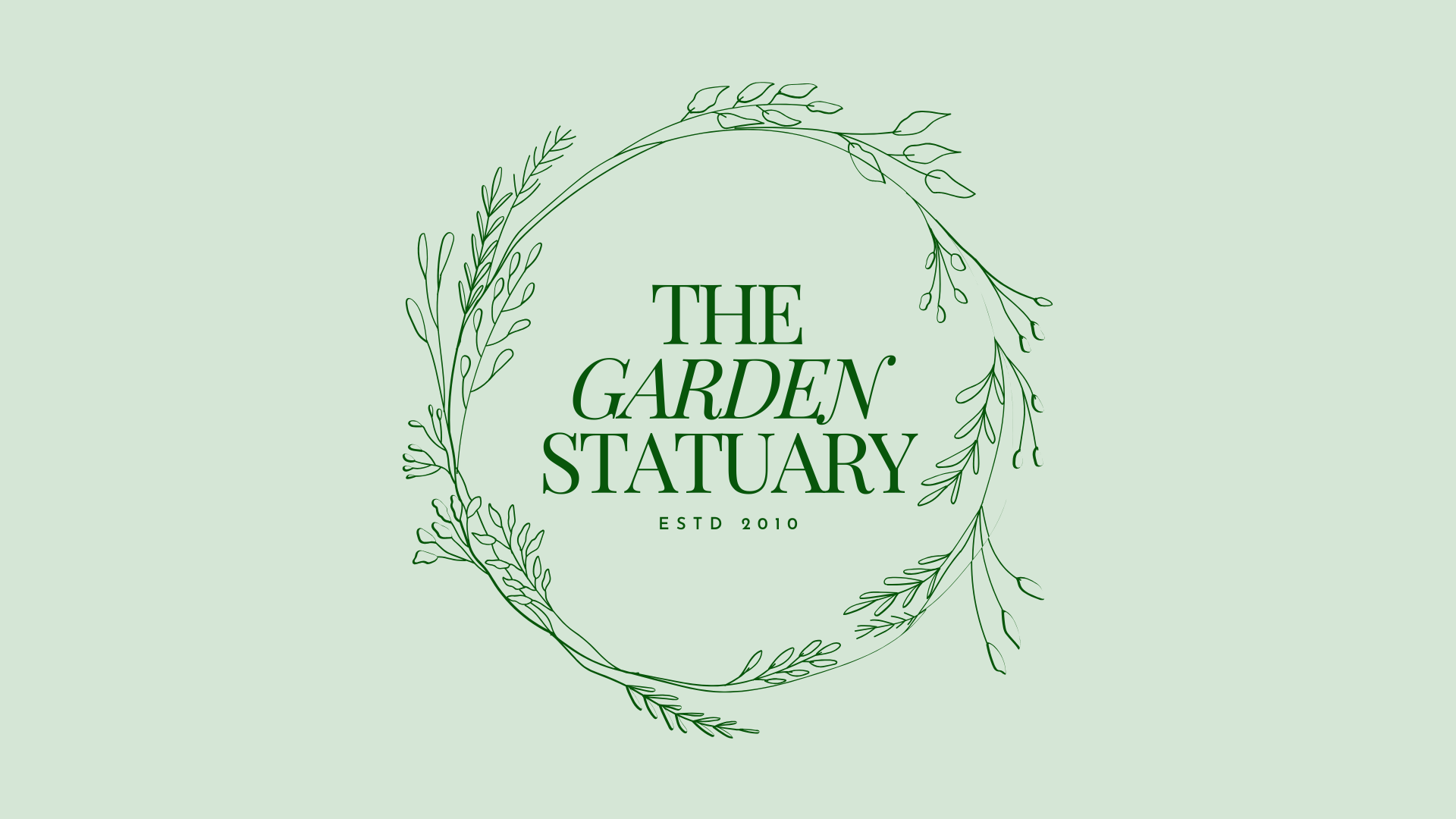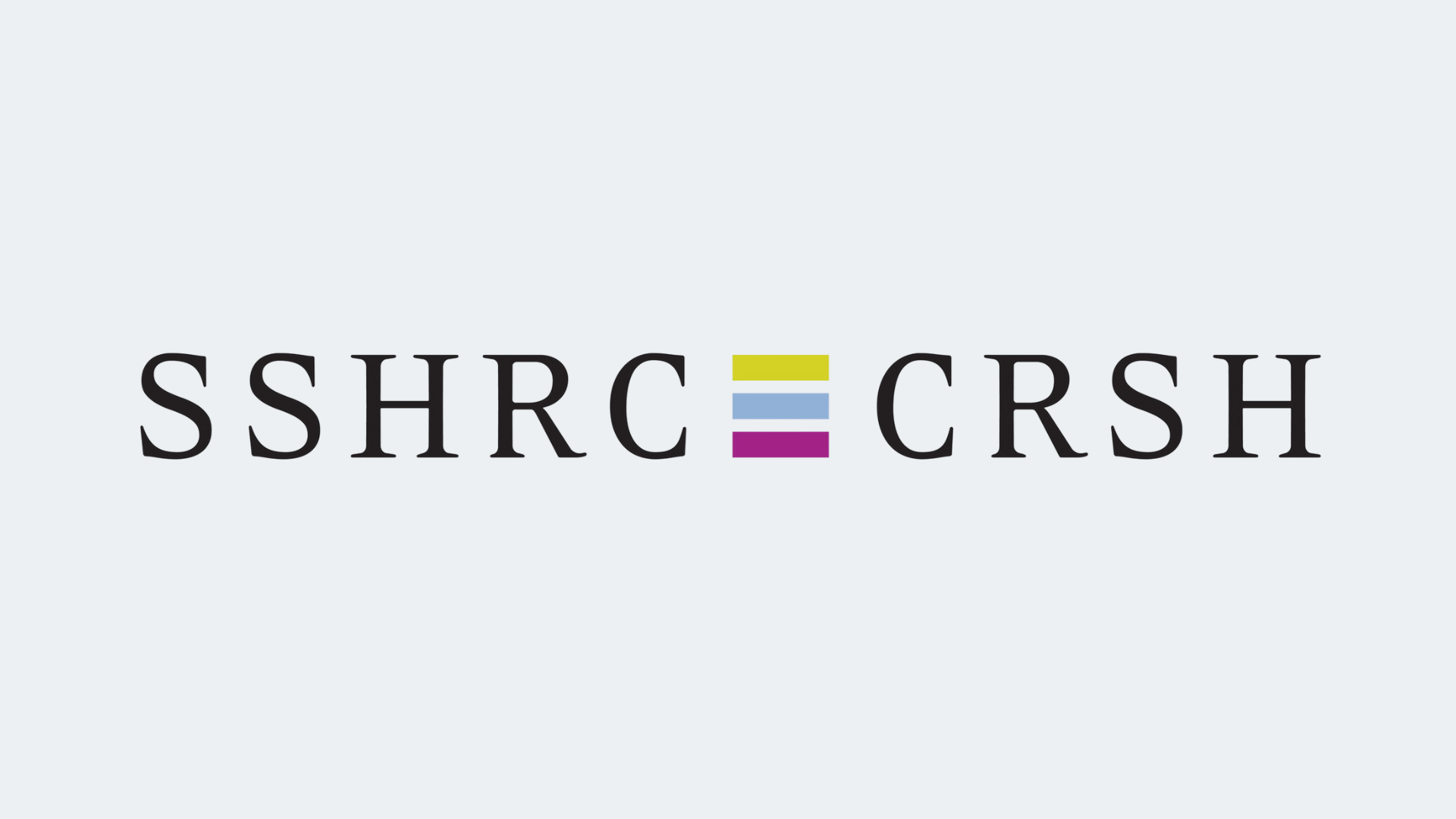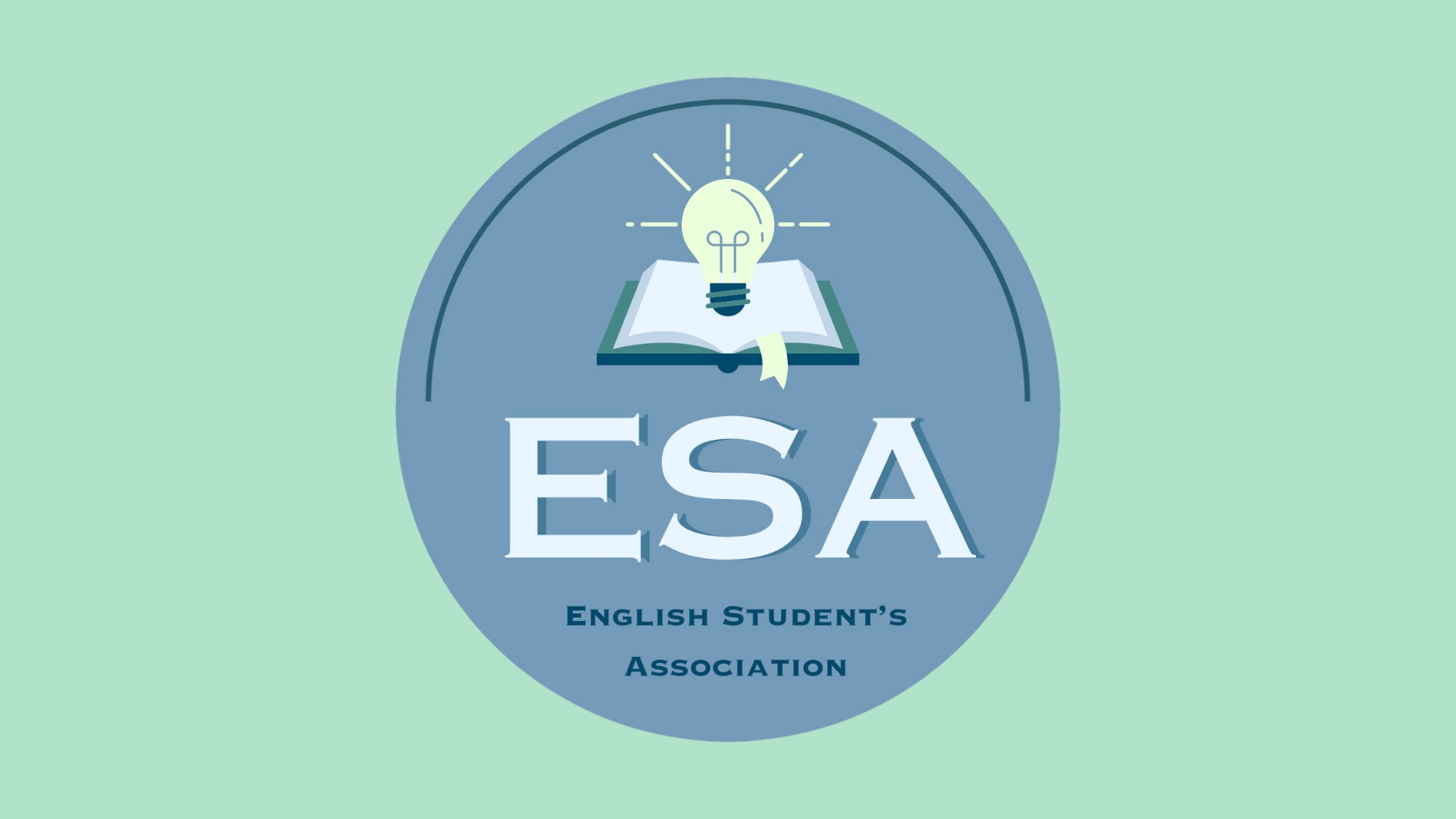Studies in Romanticism
Term 2
TTh, 12:30 – 2:00 p.m.
Two decades ago, Fredric Jameson described the emergence of imperial and global networks at the end of the eighteenth century as an event in the history of thought and feeling as well as in political and economic history. He wrote that the “experience of the individual. . . becomes limited to a tiny corner of the social world. . . . But the truth of that experience no longer coincides with the place in which it takes place. The truth of that limited daily experience of London lies, rather, in India or Jamaica or Hong Kong; it is bound up with the whole colonial system of the British Empire that determines the very quality of the individual’s subjective life.” This course revisits Jameson’s statement in the form of two questions: how did British writers at the turn of the nineteenth century experience (consider, perceive, or sense) the emergence of global networks? How did they represent or register their experience in their work? We will read works by writers who explored or travelled, by migrant, emigrant, and immigrant writers, and by writers who spent time imagining connections between themselves, or Britain, and the world. While our readings will be arranged around four important categories in the early nineteenth-century history of Britain’s global activities (slavery, commerce, exploration, love), we will also think in an ongoing way about the relationships and resonances among these categories, and these readings.


